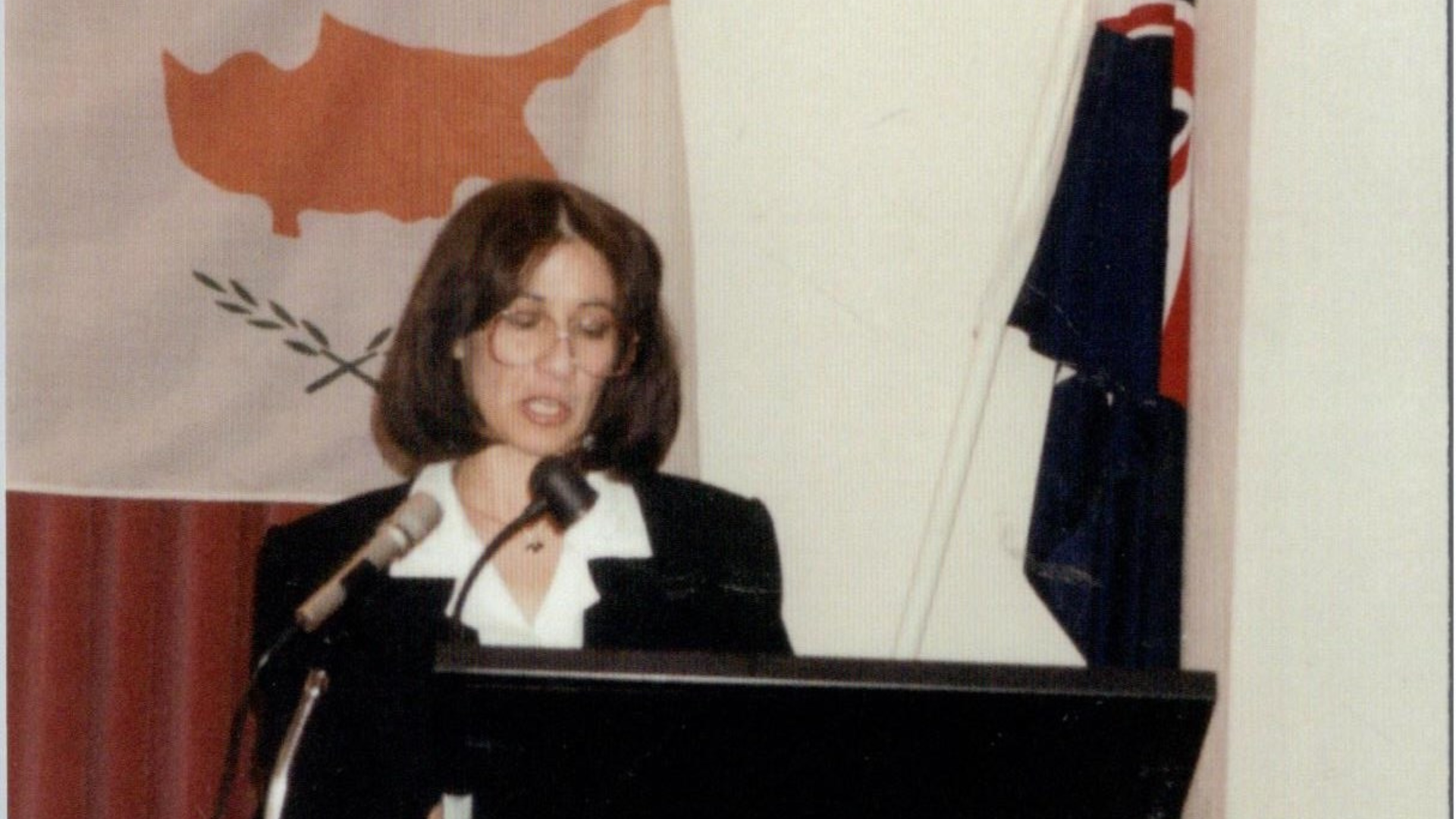Approaching the 50 year remembrance of the Turkish invasion of Cyprus, I spoke with Cypriot academic, Dr Maria Herodotou, whose research area of interest among many, includes Cypriot (and Australian Cypriot) literature.
“Coincidentally with the beginning of the British rule in 1878, the first printing press was introduced to Cyprus from Egypt, something very important for the intellectual creation of the island, because it gave some intellectual independence, since now the creators could publish their works in printed form and in a book,” Dr Herodotou says.
In relation to a popular theme in Cypriot literature, she asserts, “in situations of colonialism, literature is important because it becomes for the colonised the means of questioning, undermining and ultimately subverting the colonial ideology of ‘superiority’ promoted by the colonisers. Literature is also very important in times of political crises depicting social problems, ideological conflicts, national aspirations, wars, etc. Literature flourished, for example, after the Turkish invasion of Cyprus.”
Dr Herodotou was born and grew up in Cyprus, studied in Athens, Greece and eventually settled in Australia after the 1974 Turkish occupation of her island. During the English colonial rule, the Greek Orthodox Church and Community leaders rejected an offer by the British to establish a University in Cyprus. They were concerned about British interference in the education system and the danger of undermining the Greek ethnic identity. The University of Cyprus was established in 1989.
She explains that “Greek identity and language were preserved through education in Cyprus. There was always a great emphasis on Greek history and classical studies, and anything related to Greece. Even the school buildings in Cyprus were built in a neoclassical style. In schools we followed the education system of Greece (programs, material, books, etc.).”
Hence Dr Herodotou attended Athens University in Greece from 1969-1974 on a scholarship, during the years of the Junta dictatorship. On completion of her Degree in Classical Studies and Philology in early 1974, she returned to Cyprus.
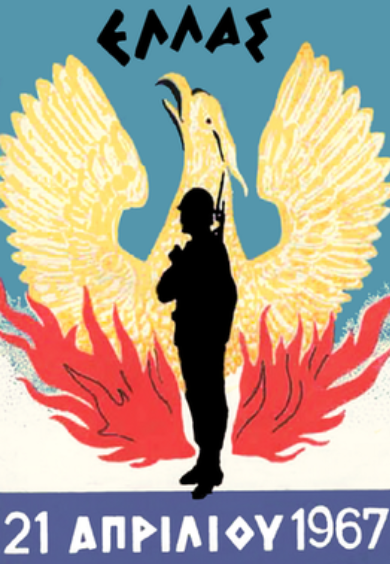
Dr Herodotou goes on to explain the roots of the 1974 invasion of Cyprus, as being due to the separation of the Greek Cypriots and Turkish Cypriots by British rule – or colonisation and the development of two conflicting nationalisms (Greek and Turkish): “The British armed the Turkish-Cypriots, employing them as policemen against the Greeks.”
Yet, she states, “the paradox is that individual relations with the Turks were mostly friendly. At the political level, however, they then became hostile and a feeling of suspicion and mistrust prevailed.”
She informs me that the Greek Cypriots struggled against the British, desiring Cyprus to be united with Greece (enosis). However, they were let down by the 1960 Zurich-London Agreements, which deemed Cyprus an independent state. This led to the formation of the paramilitary organisation EOKA-B by G. Grivas (1971) under the control and influence of the Greek military Junta in Athens. Their goal was to achieve enosis. EOKA-B was outlawed by the Cyprus government. The first EOKA was a Greek Cypriot nationalist guerrilla organisation that fought to end British rule in Cyprus (1955-1959).
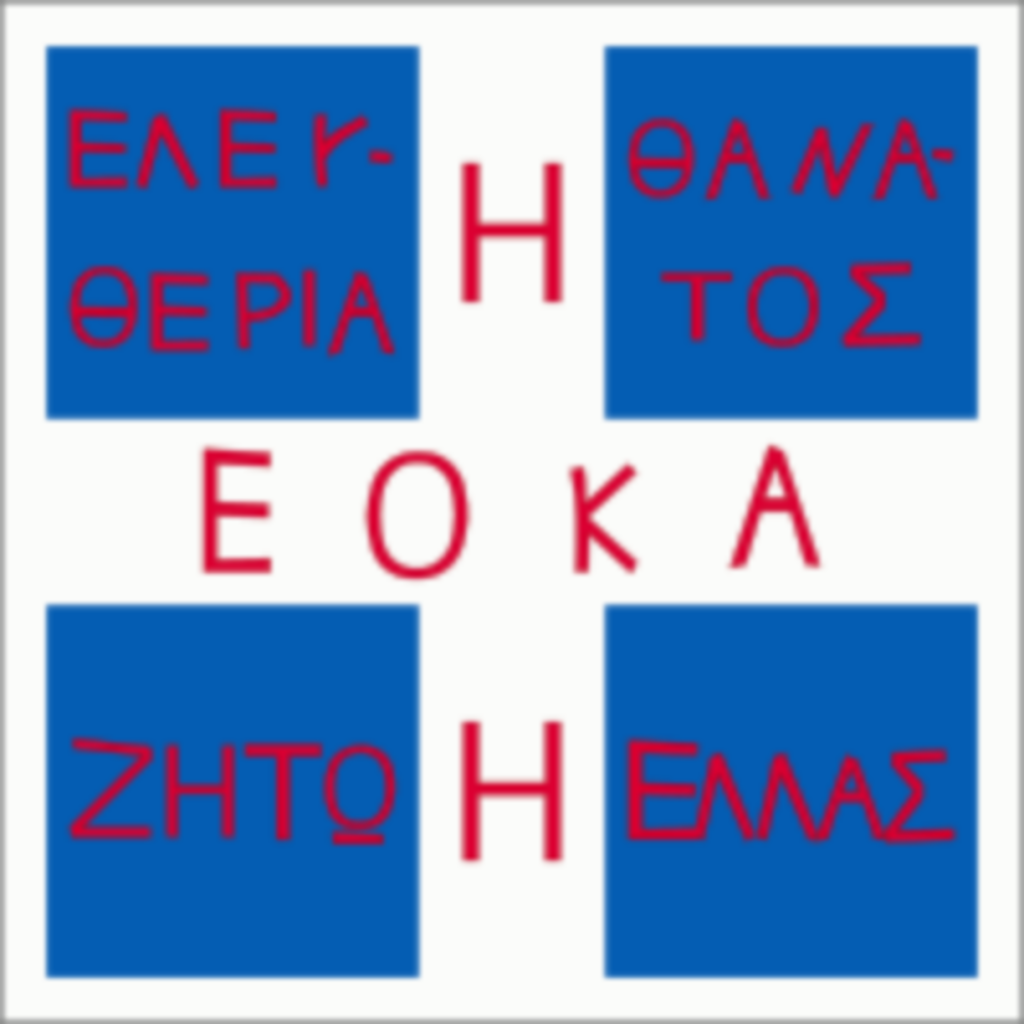
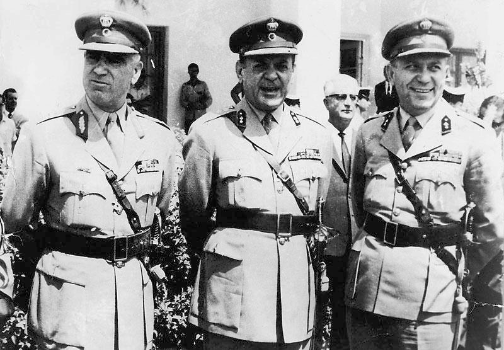
“The Zurich-London agreements gave a lot of rights to the Turks, so the first president Makarios asked to change 13 points of the Constitution. The first armed conflict between Greek and Turkish Cypriots occurred on Christmas of 1963, then an outbreak of violence from both sides followed,” Dr Herodotou explains.
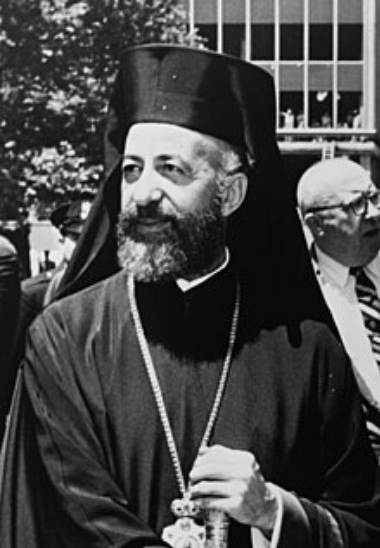
In August 1964, the armed conflict between the Cypriot army and armed groups of Turkish Cypriots (with the help of Turkey) continued. Turkey bombed villages in Tylleria (north west of the island) with many dead. The capital Nicosia becomes divided in two by the infamous Green Line which is controlled by UN soldiers, who keep the two sides separated.
A Coup was enacted against the legitimate government of Makarios on July 15, 1974, due to the division and violence that broke out among the Greek Cypriots, giving Turkey a pretext to invade “with the excuse that it wanted to protect the Turkish Cypriots and the legitimate Cypriot state.”
Dr Herodotou continues: “I experienced all these events. I was born in a village in the province of Kyrenia shortly before the liberation struggle against the British began, and have vivid memories, because my relatives took an active part. I still have in my mind the images of armed British soldiers, curfews, visits to concentration camps and the fear we felt. One of the fighters hanged by the English, Stelios Mavromatis, was our relative.”
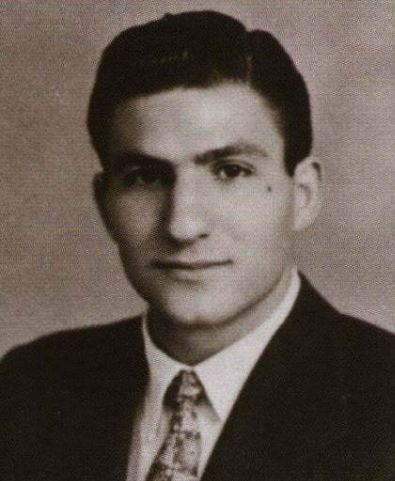
“When I was still a primary school child, we settled in Nicosia. I also vividly experienced the events of 1963-64 and the separation of Nicosia as a high school student. My High School, Phaneromeni, is on the Green Line that divides Nicosia. I still remember the shooting and the clashes and the atmosphere of fear that prevailed at Christmas 1963 in Nicosia.
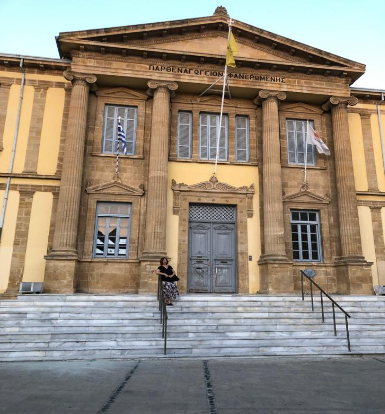
“The experiences of war are not easily forgotten. My family house is close to the Nicosia airport and the Greek and British military base, which were bombed by Turkish planes on July 20, 1974. We woke up to a deafening noise because a mortar had fallen in the back yard of our house.
“The noise of the bomber planes, the explosions of bombs, the sounds of the battles made us panic and run out of the house to look for shelter. We put on the radio which was playing marches, calling for young men, and men up to 50, for general conscription to report to their units.
“The tragic situation was that in the chaos that prevailed due to the coup, the army itself was disorganised and everything had disintegrated. So most young people went blindly, not knowing exactly where to go, unguided and unarmed.
“I had two brothers (one was still a soldier) and I saw them go to enlist, not knowing if we would see them again. I don’t think there are many words to describe how we felt.
“The rest of the family, along with other neighbours, moved away from the area on foot and while the planes were bombing. We ended up in the basement of an apartment building that was under construction and stayed there for 2-3 days. Then we went to a village outside of Nicosia where we were hosted by family friends for a few weeks.
“What we were experiencing was the result of a national division and a huge betrayal instigated by the Junta and unfortunately, the military on the island played a major role.
“The army instead of protecting the population and the island, caused their destruction. It gave Turkey the pretext to invade. Of course, the military leaders were responsible, because the ordinary soldiers were also victims. The Turkish warships had arrived in northern Cyprus, in the area of Kyrenia, in the early hours of July 20. An invasion had taken place and the Turkish army was advancing south of the inland.
“The Greek army had left the area, because it was ‘busy’ with the coup in Nicosia. However, the radio kept calling the young men to enlist in their units (military bases) in the Kyrenia area. Among them were two of my cousins, who went to enlist and of course fell to the Turkish soldiers like sheep to the slaughter. They were both killed. Equally tragic was the position of the people who began to flee and seek shelter – to save themselves from the Turkish army, but had no information or help on where to go.
“The images of destruction and the refugees that followed cannot be forgotten. In Cyprus, another page of national disaster was written that should not be forgotten. Much of northern Cyprus is under occupation, much of the population are refugees in their own homeland, with no solution in sight.
“Many missing persons are dead, because their bones were identified with modern methods. But there are still missing people, so we can imagine the agony of family and their relatives who have lived for 50 years torn between hope and despair of not knowing what happened to their own. The most tragic thing is that the parents of the missing youth are either very old or have passed away, waiting to find out what happened to their children. I have personal experience of this trauma, because I have relatives who are ‘missing’.”
I surmise that Cypriot literature (and all literature depicting Cyprus’ historical events) keeps memories alive, which educates.
Maria adds, “The return to the past through memory [in literature] functions as a way of explaining the present writing of the works – which is a traumatic, but also healing process.”
Believing in the importance of literature and history, Dr Herodotou introduced many subjects in these areas at La Trobe University in Melbourne, where she was a lecturer and Coordinator of the Greek Studies Program for almost 40 years. She also organised international scientific conferences on Cyprus.
